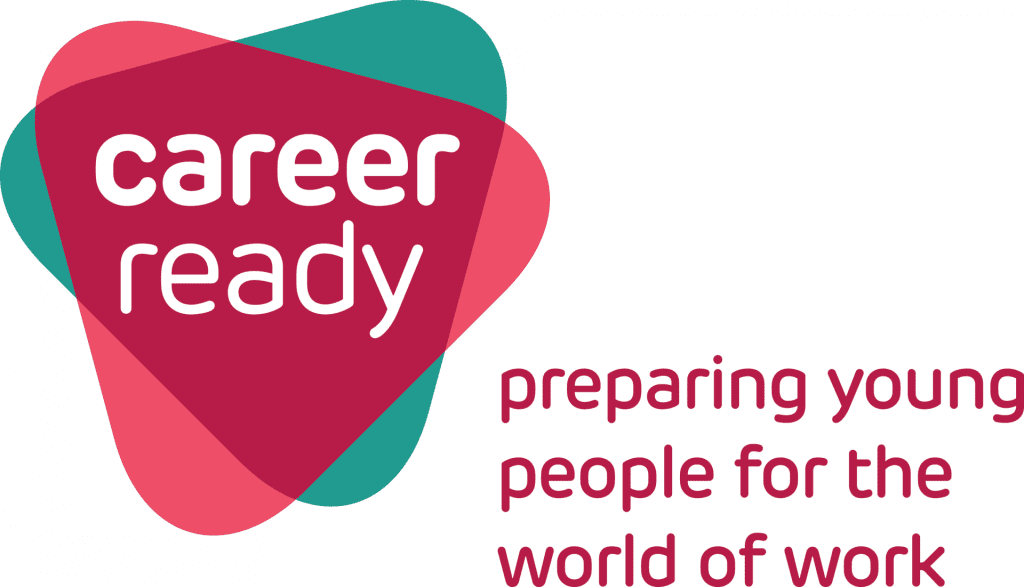


Work experience and volunteering
Whether you have a clear career plan already or are considering all your options, we provide dedicated support to help you develop job search skills and find professional placements.
Work placements
As part of your full-time study programme, you will be required to take part in work experience in your chosen subject area. Work Experience can take place in different forms, depending on which course you study. This may include a minimum 10-day placement or a 45-day industry placement.
We work with a variety of employers across London who provide placements to allow you to gain an understanding of what it is like to work within that field and develop practical skills which are hard to gain in the classroom.
DBS checks for learners on specific courses
Your course may require you to work with children or vulnerable adults. You will be informed that you need to complete a DBS (Disclosure and Barring Service) check. Please refer to the DBS check requirements guide explaining the documents and information you will need to bring to enrolment.
Having a valid DBS check is essential for starting your placement and fully participating in your course.
What are the benefits of a work placement?
- Gain an understanding of how a business works and about the different job roles that exist
- Develop transferable skills which will make you more employable
- Help you make an informed decision on what you want to do in your future career
- Build your network and meet industry professionals
- Enhance your CV and obtain an employer reference
- Potential job offer on completion
Volunteering
With studying and socialising, it can be hard to find time to volunteer. However, the benefits of volunteering are enormous to you and your community. The right volunteering opportunity can help you find friends, reach out to the community, learn new skills, and advance your career.
Some university courses and careers require a certain amount of work experience, such as in the early years and care sectors. Even if you can’t secure work experience directly in your related career choice, having any type of work experience which displays key skills such as teamwork, communication, good attendance, punctuality, and customer service can go a long way.
Remember, for certain jobs, you will need to be DBS checked. The organisation you volunteer for may organise this for you, but make sure you check in advance.
Internships
Internships allow you to train and work for a professional organisation. Interns are usually university students or university graduates, post-graduates and/or adults. You can use an internship to determine if you would like to work in that industry, create a network of contacts or find paid employment. Some require an amount of experience and/or specific skills for the job. Employment is not guaranteed at the end of the internship.
Internships can be paid or unpaid and are usually temporary. We have partnered with Career Ready to provide students with paid internships, lasting a minimum of four weeks, enabling learners to build crucial experience, which is vital in transitioning from education to rewarding employment.
For more information, please check out our career development programmes.
If you would like to discuss work experience or internships, speak with your tutor or work experience officer or email workexperience@capitalccg.ac.uk

King’s Cross
London
WC1X 8RA
United Kingdom Contact Us




Work Experience | Capital City College